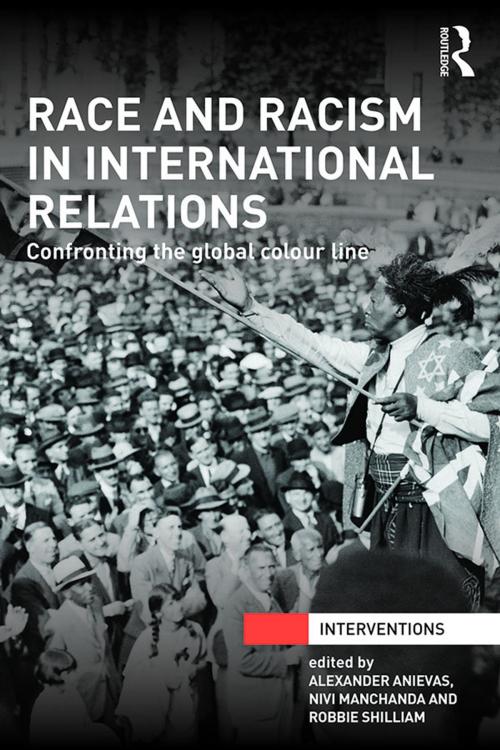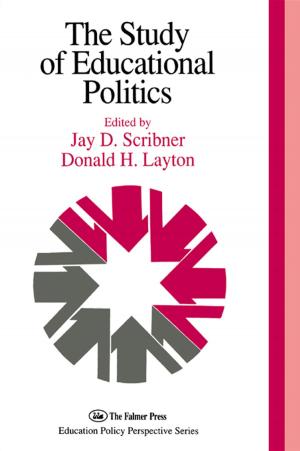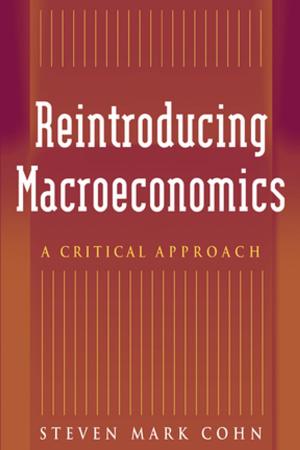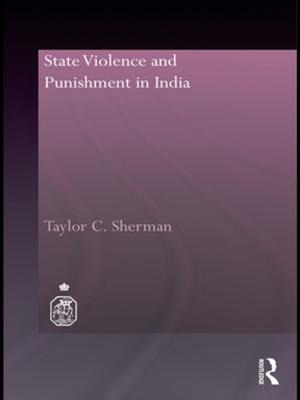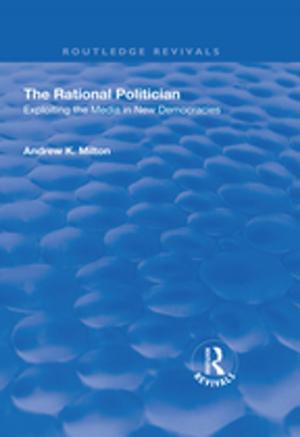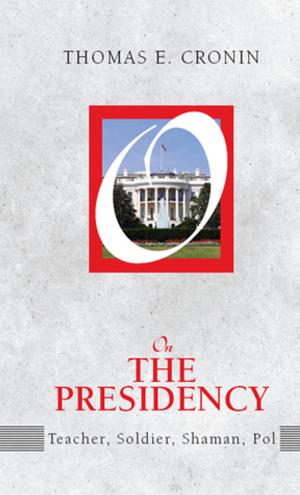Race and Racism in International Relations
Confronting the Global Colour Line
Nonfiction, Social & Cultural Studies, Political Science, Politics, City Planning & Urban Development, History & Theory| Author: | ISBN: | 9781317933281 | |
| Publisher: | Taylor and Francis | Publication: | October 30, 2014 |
| Imprint: | Routledge | Language: | English |
| Author: | |
| ISBN: | 9781317933281 |
| Publisher: | Taylor and Francis |
| Publication: | October 30, 2014 |
| Imprint: | Routledge |
| Language: | English |
International Relations, as a discipline, does not grant race and racism explanatory agency in its conventional analyses, despite such issues being integral to the birth of the discipline. Race and Racism in International Relations seeks to remedy this oversight by acting as a catalyst for remembering, exposing and critically re-articulating the central importance of race and racism in International Relations.
Focusing especially on the theoretical and political legacy of W.E.B. Du Bois’s concept of the "colour line", the cutting edge contributions in this text provide an accessible entry point for both International Relations students and scholars into the literature and debates on race and racism by borrowing insights from disciplines such as history, anthropology and sociology where race and race theory figures more prominently; yet they also suggest that the field of IR is itself an intellectually and strategic field through which to further confront the global colour line.
Drawing together a wide range of contributors, this much-needed text will be essential reading for students and scholars in a range of areas including Postcolonial studies, race/racism in world politics and international relations theory.
International Relations, as a discipline, does not grant race and racism explanatory agency in its conventional analyses, despite such issues being integral to the birth of the discipline. Race and Racism in International Relations seeks to remedy this oversight by acting as a catalyst for remembering, exposing and critically re-articulating the central importance of race and racism in International Relations.
Focusing especially on the theoretical and political legacy of W.E.B. Du Bois’s concept of the "colour line", the cutting edge contributions in this text provide an accessible entry point for both International Relations students and scholars into the literature and debates on race and racism by borrowing insights from disciplines such as history, anthropology and sociology where race and race theory figures more prominently; yet they also suggest that the field of IR is itself an intellectually and strategic field through which to further confront the global colour line.
Drawing together a wide range of contributors, this much-needed text will be essential reading for students and scholars in a range of areas including Postcolonial studies, race/racism in world politics and international relations theory.
